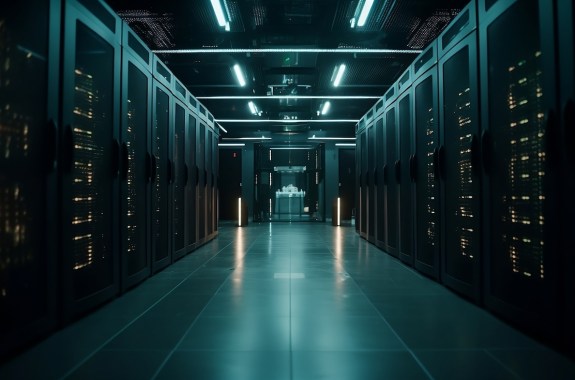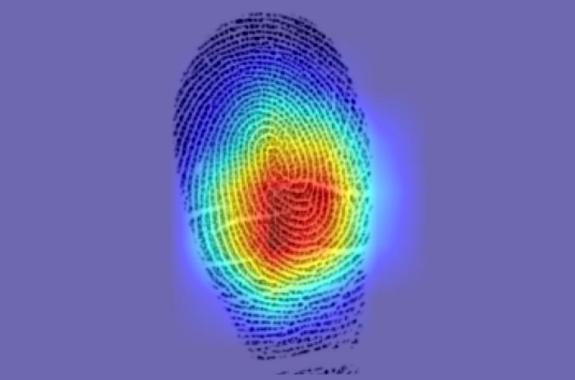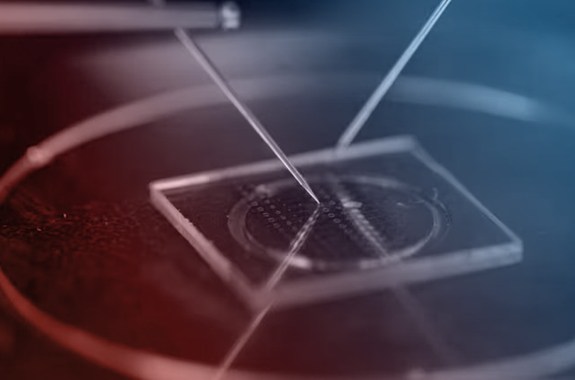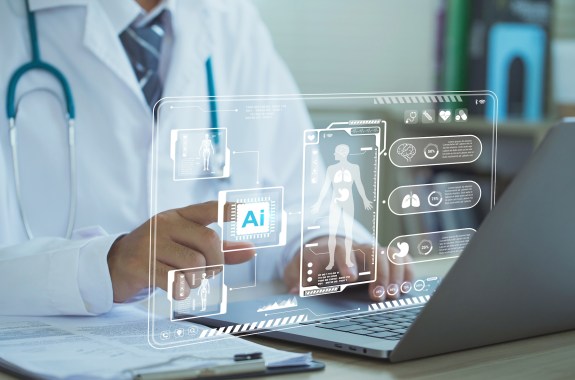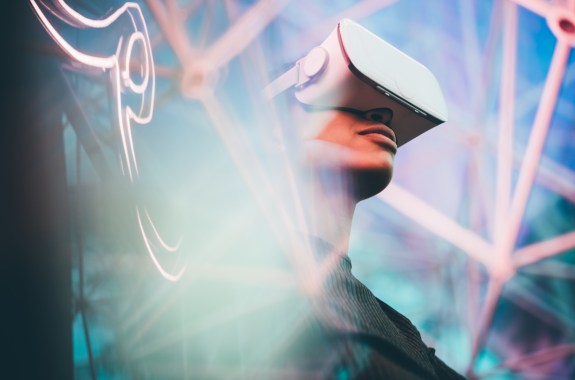17:07
OpenAI’s New Product Makes Incredibly Realistic Fake Videos
A security expert weighs in on Sora, OpenAI’s new text-to-video generator, and the risks it could pose, especially during an election year.
How Gamification Has Crept Into School, Work, And Fitness
Game developer and author Adrian Hon explains the consequences of allowing gaming principles to creep into so many corners of our lives.
17:30
Understanding And Curbing Generative AI’s Energy Consumption
As the environmental costs of tools like ChatGPT and DALL-E mount, governments are demanding more clarity from tech companies.
17:09
One Crisis After Another: Designing Cities For Resiliency
The leaders of a global architecture and design firm discuss how design can help communities adapt to global crises.
10:12
What An AI Learns From A Baby’s-Eye View Of The World
Associating images from a child’s daily life with the sounds they were hearing helped teach a computer model a set of basic nouns.
10:00
Is Each Fingerprint On Your Hand Unique?
A new study uses artificial intelligence to show that each of our ten fingerprints are remarkably similar to one another.
7:20
In This Computer Component, Data Slides Through Honey
Honey could be the secret ingredient in building a more eco-friendly “memristor,” which transmits data through malleable pathways.
Two Art Exhibits: Climate Futures And A Genetic Engineering Past
Meet the creators behind exhibitions about humans’ and pigs’ intertwined histories, and what happens if we “get it right” on climate change.
32:31
From Scans To Office Visits: How Will AI Shape Medicine?
Scientists are testing artificial intelligence’s ability to read imaging results, make diagnoses, and more. Listeners call in.
11:59
Top Technologies To Watch In 2024
Weight-loss drugs, AI, clean-energy tech and more: digging into MIT Technology Review’s annual list with executive editor Amy Nordrum.


